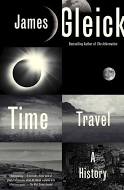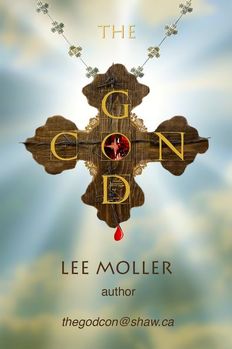 It's about time. Or more aptly, it's about cultural speculation on the nature of time and time travel. I do not have a lot to say about this book. It is well written and very well researched. There is a lot of material to cover. Here are just a few of the items discussed:
The usual brief discussions of the speed of light and the Second Law of Thermodynamics (i.e.: You cannot stir things apart) are there. It is generally the Second Law that gets in the way of time travel (another is causality problems). The universe began in an extremely ordered, low-entropy state. How it got that way is unknown. But once things got started (the big bang), entropy began to increase. Entropy is essentially the amount of disorder in a system. One possible end for the universe is the so-called heat-death: the universe expands endlessly; stars die; the matter in stars ultimately decays; and all we are left with is a thin gruel of electrons and positrons orbiting each other with an orbital diameter the size of the universe today. Would time still exist? There would be no events to mark its passage, so it is hard to say. It is a fact of physics that if there arrow of time were suddenly reversed, no laws physical would be broken. At the atomic level, you would not be able to tell that time was running backwards. But at the human level, it would be obvious, as you watch your pee magically pull itself out of the toilet water and spontaneously shoot itself back into your body. Time travel has implications about free will that are summarized. The book is light on physics, but gets the physics right. It does not: Tell you how to build a time machine; tell what time really is (other than the usual quips, such as "time is needed to keep everything from happening at once"; or resolve the causality paradoxes involved (e.g.: Go back in time and kill your grandmother… what happens?). Gleick has written a few science books, including his very good biography on Richard Feynman. ATC, I liked Hawking's A Brief History of Time, although, to be fair, they are not really comparable.
0 Comments
Leave a Reply. |
AuthorLee Moller is a life-long skeptic and atheist and the author of The God Con. Archives
May 2024
Categories
All
|

 RSS Feed
RSS Feed